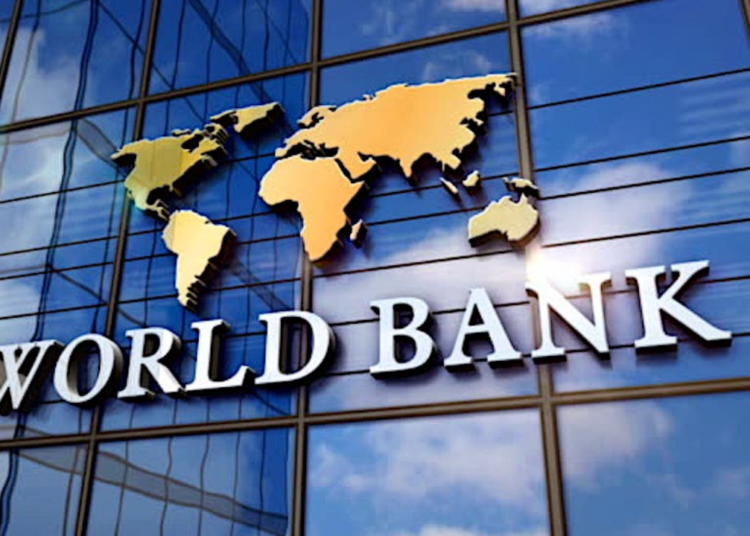A new report by the World Bank and UNICEF has revealed that despite global progress in reducing extreme child poverty, Sub-Saharan Africa has seen no improvement in the past decade, with more than half of children in the region still living below the poverty line.
The report, ‘Child Poverty: Global, Regional and Select National Trends’, released in September 2025, showed that while the global number of children in extreme poverty fell from 507 million in 2014 to 412 million in 2024, Sub-Saharan Africa remained disproportionately affected.
“Child poverty rates vary substantially across regions. While Sub-Saharan Africa is home to about 23 per cent of the world’s child population, it accounts for nearly three-quarters—over 312 million, of all children living in extreme poverty,” the report stated.
At around 52 per cent in 2024, the region’s child poverty rate remains unchanged from 2014.
Globally, around one in five children lives in extreme poverty, defined as households surviving on less than $3 a day.
The report stressed that children are disproportionately impacted, making up more than half of the world’s extreme poor, despite representing only 30 per cent of the population.
Global Director of the World Bank’s Poverty Department, Luis Felipe López-Calva, said: “Extreme poverty among children has become increasingly entrenched in places where it is hardest to eradicate. Economic growth is necessary but not sufficient—stronger investments in infrastructure, human capital, and institutions are critical.”
Some regions have recorded significant progress. In South Asia, child poverty rates were cut by more than half between 2014 and 2024, with India leading the decline. East Asia and the Pacific also achieved notable reductions.
In contrast, the Middle East and North Africa saw setbacks, with child poverty nearly doubling from 7.2 per cent in 2014 to 13.3 per cent in 2024.
UNICEF’s Director of Programmes, George Laryea-Adjei, emphasised that the crisis was reversible, “Ending child poverty is a policy choice. Governments must act with urgency to ensure access to education, nutrition, healthcare, and social protection, while prioritising vulnerable regions like Sub-Saharan Africa.”
In Nigeria, a recent UNICEF study found that 69.2 per cent of children in Kano State are multi-dimensionally poor, lacking access to education, healthcare, nutrition, and shelter. Nearly 60 per cent also live in monetary poverty.
Sharp disparities persist across the country: poverty rates among children reach about 90 per cent in the North-East and North-West, compared to 74 per cent in the South-East and 65 per cent in the South-West. In some states, including Bayelsa, Gombe, Sokoto, and Kebbi, child poverty surpasses 95 per cent.
UNICEF has urged governments to increase budgetary allocations for child-focused programmes, citing initiatives such as Universal Child Benefits in Katsina and Kano as positive steps.
The agency also called on the media to raise awareness on children’s rights, school enrolment, and the dangers of violence against children.





